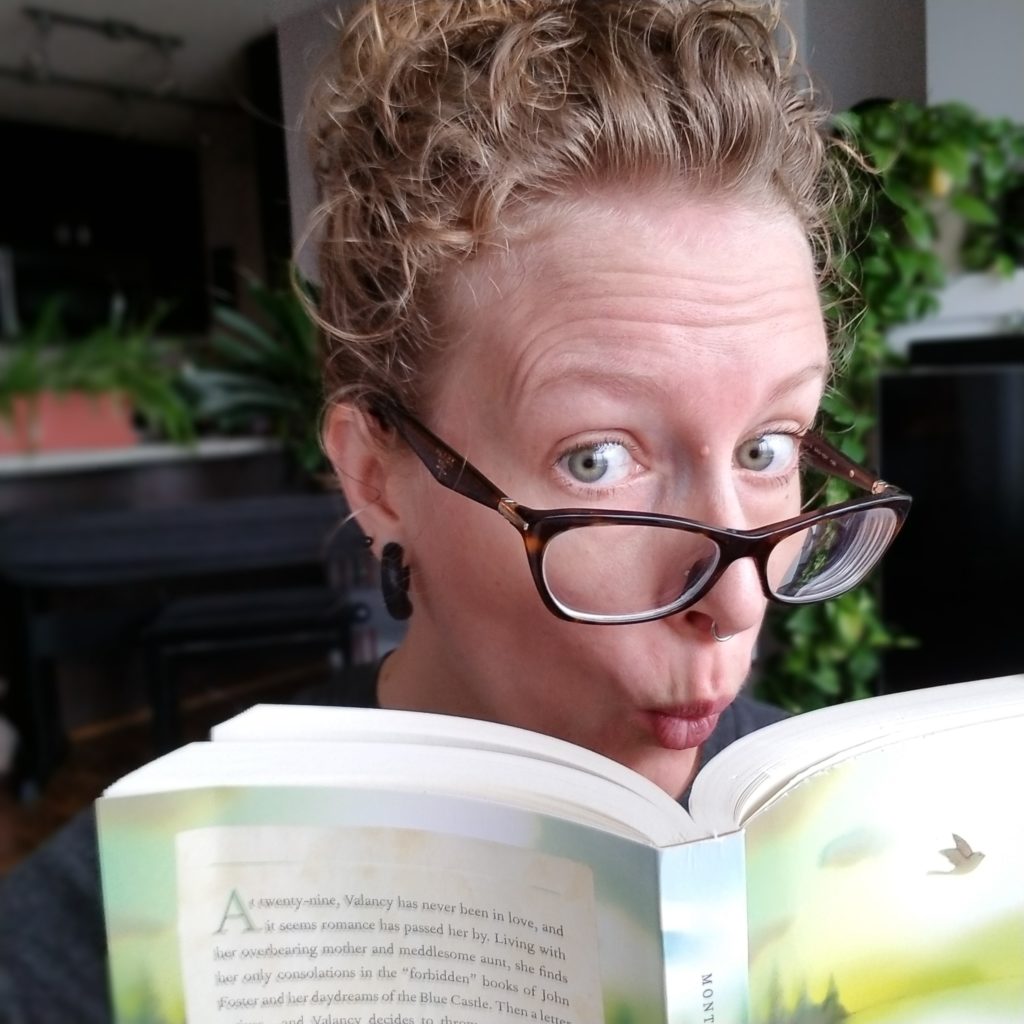
If you’re a short fiction writer looking to lighten your word count, welcome to the Save-On-Words series. We’ll be discussing all the little ways you can lower your word count and double your meaning.
Damage Glee
No language reduces word count like German. You’ve probably come across memes about clever German Komposita that combine two words into one, akin to our compound words rainbow and sunglasses:
die Fledermaus (literally flutter mouse, or bat in English)
die Handschune (literally hand shoes, or gloves in English)
But did you know there are German Komposita that compress whole phrases into single words?
Take Schadenfreude, which reduces “die Freude über das Missgeschick oder Unglück anderer” (“experiencing joy in the misfortune of others”) to two root words, Schaden (damage or harm) and freude (glee). The root words combine to make Shadenfreude, a previously unnamed flavour of joy so efficient that the British and American dictionaries both adopted it!
While I can’t beat making eight words into one, I can give you a bunch of two- and three-word verb phrases you can replace with single verbs.
Three For One
Let’s start with a sample of dialogue with the multi-word verb phrases highlighted in bold:
“He walked out on her.” (5 words)
Total word count: 62
“I know. He said he couldn’t put up with her breaking down every time she ran into another new mother.” (20 words)
“Little Elliot passed away in her sleep. You don’t get over something like that in a month!” (17 words)
“Right? Apparently, he broke up with her to force her to face up to reality but instead, she fell apart. . .” (20 words)
Next, we’ll replace the verb phrases with some single-verb synonyms to lower the wordcount:
“He forsook her.” (3)
Total word count: 48
“I know. He said he couldn’t permit her weeping every time she encountered another new mother.” (16)
“Little Elliot succumbed in her sleep. You don’t dismiss something like that in a month!” (15)
“Right? Apparently, he withdrew to force her to confront reality, but instead she languished. . .” (14)
Dead-Victorian-novelist vibes aside, just by replacing multi-word phrases with single-word synonyms, we’ve gone from sixty-two words down to forty-eight—that’s fourteen words saved! Not too shabby.
Now for some important caveats for choosing synonyms: tone, and meaning.
Tone
Obviously, not just any synonym will do because, unlike the example of Schadenfreud above, we aren’t just creating a new word with no context. We’re replacing a phrase in a sentence with a single word, so we need to watch that we don’t inadvertently jostle the tone of the surrounding text.
In the case of the original example, the casual tone is a factor. Here is an iteration that saves the same number of words, but remains faithful to the original tone:
“He dumped her.” (3)
Total word count: 48
“I know. He said he couldn’t handle her crying every time she saw another new mother.” (16)
“Little Elliot died in her sleep. You don’t overcome something like that in a month!” (15)
“Right? Apparently, he left to force her to face reality, but instead she crumbled. . .” (14)
Ta-da! Fourteen words saved, and no funny business with the tone. This section is completely acceptable, but if you want to play with layers of meaning, let’s keep going.
Meaning
Single-verb synonyms are more precise than the descriptive phrases they replace. For example, dumped and crying are less vague than walked out on, and breaking down, which helps the reader imagine characters and scene more clearly.
In some instances, the precision of the single verb means that you lose the emotional effect of the descriptive phrase. For example, overcome doesn’t imply the same judgement as get over, or even let go of. And crumbled feels more ambiguous than fell apart. Let’s see the excerpt again, with a couple of verb phrases subbed back in.
“He dumped her.” (3)
Total word count: 50
“I know. He said he couldn’t handle her crying every time she saw another new mother.” (16)
“Little Elliot died in her sleep. You don’t get over something like that in a month!” (16)
“Right? Apparently, he left to force her to face reality, but instead she fell apart. . .” (15)
Pairing the precision of the single verbs and a couple of well-placed verb phrases is a nice compromise for word count.
Plus, as you get more intentional about layering meaning, the placement of verb phrases in the final sample pulls the reader’s attention to the most emotion-rich phrases. What we end up with is a dialogue that is two words longer, but the length is balanced with a consistent tone that reflects the subtext of the piece. A darn good deal!
Time to try making multiple words into one in your own writing. Here are lists of common two- and three-word verb phrases and their single-verb synonyms to get you started:
Two-Word Verb Phrases
back up (reverse, defend, support)
break down (malfunction, stall, fail, break, jam / cry, collapse, crumble, weep)
break into (rob, burgle, cheat, hijack, loot, mug, raid, strip)
brought up (raised, trained, cultured, educated, reared)
call off (cancel, abort, drop, kill, postpone, scrub, withdraw)
calm down (relax)
cope with (tolerate, bear, brave, endure, suffer)
count on (trust, believe)
depend on (need, require)
get over (overcome, survive)
look after (mind, babysit, tend, supervise)
look at (watch, see, read)
make up (fabricate, invent / forgive)
mix up (confuse, addle, jumble)
pass away (die, succumb, croak, expire, perish)
pass out (faint, collapse / distribute)
pick out (choose, select, pick, take)
provide with (equip, supply)
put off (postpone, delay, defer, reschedule, shelve)
put up (build, construct, erect)
run into (encounter, meet)
use up (deplete / exit)
set up (organize)
sort out (resolve, solve)
take off (remove/leave)
talk about (discuss, plead, tell)
think over (consider)
try out (test, try)
turn down (refuse, dismiss, rebuff, decline)
went on (continued, persisted, remain, endure)
Three-Word Verb Phrases
add up to (cost, make, total, spell, comprise)
brush up on (review, study, cram)
catch up with (visit, meet / overtake, outstrip, outdo, reach)
come up against (confront, face, battle, encounter)
do away with (abolish, kill, eliminate, finish)
face up to (confront, face)
fix up with (introduce, recommend / equip, arm, supply, suggest)
let in on (tell, inform, apprise, warn)
get away with (walk, dodge, elude, evade, skip)
get on with (continue, proceed, progress / agree, fit, jib, suit, match)
get rid of (sell, dispose of, toss)
listen out for (await, wait)
look down on (abhor, scorn, spurn, disdain)
look forward to (await, anticipate)
look in on/drop in/drop by (visit, call, see)
look up to (admire, idolize, revere, venerate, exalt, love)
put down to (cite, attribute, ascribe, charge)
put up with (tolerate, endure, abide, stomach, take)
run out of (deplete, drain, spend / exit)
talk out of (dissuade, deter, discourage, warn, remonstrate)
stick up for (defend, back, assist, subsidize, support, endorse, champion)
walk out on (leave, abandon, desert, dump, jilt, reject)
watch out for / look out for (tend, foster, protect, defend, guard, mind)




